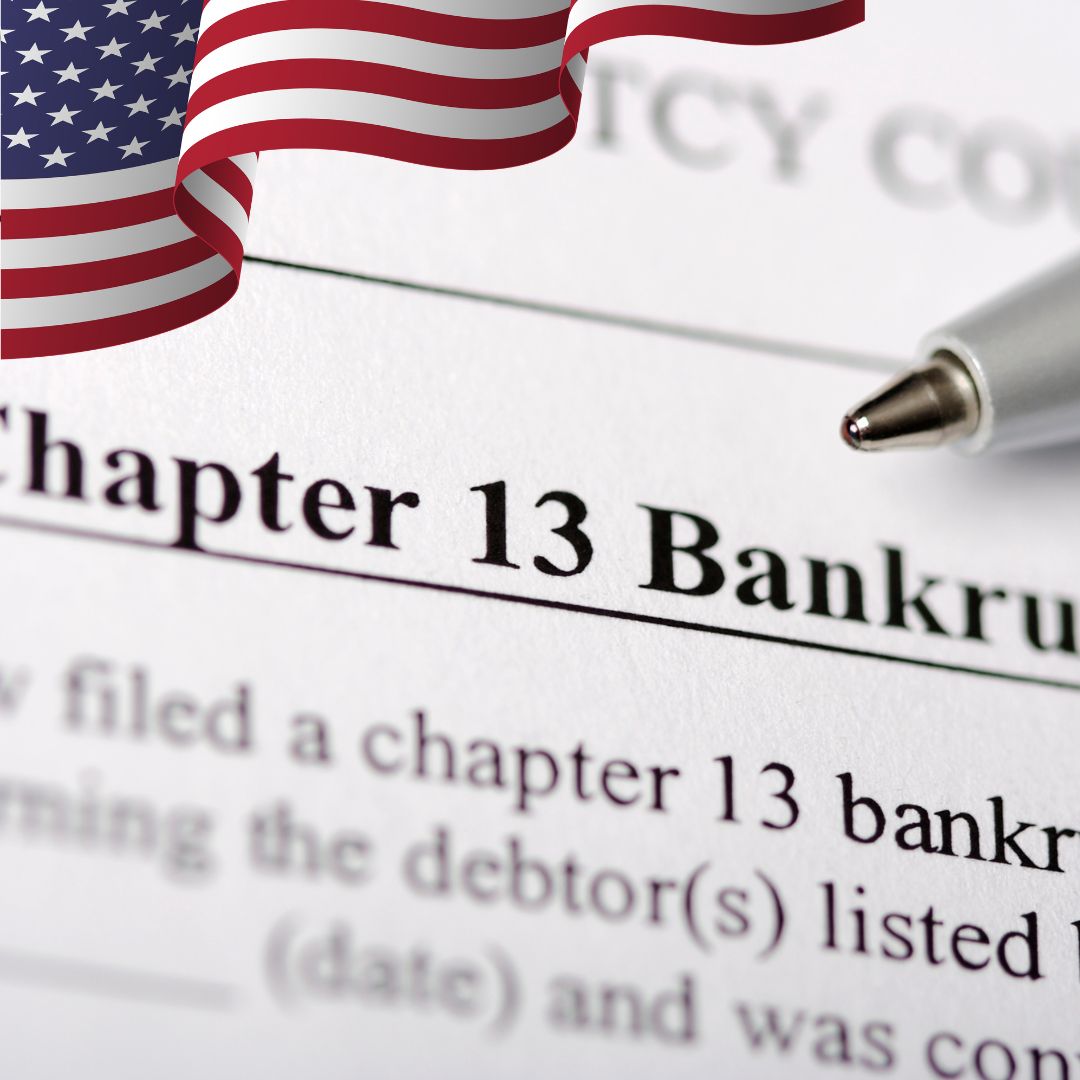Chapter 13 Bankruptcy – Introduction
Chapter 13 bankruptcy is an essential legal option for people with too much debt who can’t repay it. If you’re having trouble with money, it’s necessary to know how Chapter 13 bankruptcy works, how it affects your credit score, who can file for it, and if it’s the right step for your case. This detailed guide aims to take the mystery out of Chapter 13 bankruptcy by giving US-specific information.
What is bankruptcy under Chapter 13?
Chapter 13 bankruptcy, sometimes called a “wage earner’s plan,” lets people with regular income devise a plan to pay off their bills over a certain amount of time. Chapter 7 bankruptcy involves selling off assets. Chapter 13 bankruptcy, on the other hand, lets debtors keep their property while reorganizing their bills.
Chapter 13 Bankruptcy: How to File:
Talk to a lawyer: Start with a good bankruptcy lawyer focusing on Chapter 13 cases. Their knowledge makes sure that you understand the process and what it means.
Prepare the necessary paperwork: Gather critical financial papers, such as proof of income, tax returns, assets, debts, and monthly bills. This knowledge will be essential for planning to repay the debt.
Credit Counselling: Take a credit counseling course from a service approved within six months of filing. This step is required and will teach you how to handle money.
File the Petition: Your lawyer will help you make the necessary documents, such as the petition, payback plan, schedules, and statements. After an automatic stay is completed, creditors can’t do anything to get their money back.
Plan for paying back your debts: Work with your lawyer to plan how you’ll pay off your debts over the next three to five years. The plan must be sent to the court to approve it.
Meeting of Creditors: Go to a panel of creditors, where you’ll be asked about your funds and the plan for paying back your debts. A trustee leads this meeting.
Approval by the court: The court looks at your plan to pay back the money and decides if it is possible. If the project is accepted, you will start making payments as shown in it.
How Chapter 13 Bankruptcy Affects Credit Rating:
Chapter 13 bankruptcy does affect your credit rating because it stays on your credit report for up to seven years after the filing date. But sticking to your repayment plan and being careful with your money can help you rebuild your credit score. How to start building your Credit
Chapter 13 Bankruptcy: Who can file?
People must meet specific requirements to be able to file for Chapter 13 bankruptcy:
It would help if you had a steady way to make money.
Your unsecured debts, like credit card and hospital bills, must be less than a certain amount.
Your mortgages and other secured payments must also be within a specific range.
You can’t have filed for Chapter 7 bankruptcy in the last four years or Chapter 13 bankruptcy in the previous two years.
Should I file for bankruptcy under Chapter 13?
When deciding whether or not to file for Chapter 13 bankruptcy, you need to think carefully about your finances, goals, and other options. Talking to a bankruptcy lawyer will help you weigh the pros and cons so you can make a choice that is in your best interests. USA Bankruptcy Guide
Chapter 13 bankruptcy is helpful for people who want to reorganize their bills and get back in charge of their finances. Even though it hurts your credit score, handling the repayment plan well can help your score rise over time. If you’re considering this choice, you must talk to a qualified lawyer who can help you understand the process and make the right decision.


Heya i am for the first time here. I came across this board and I find It truly useful & it helped me out a lot. I hope to give something back and help others like you aided me.
very good publish, i certainly love this website, carry on it